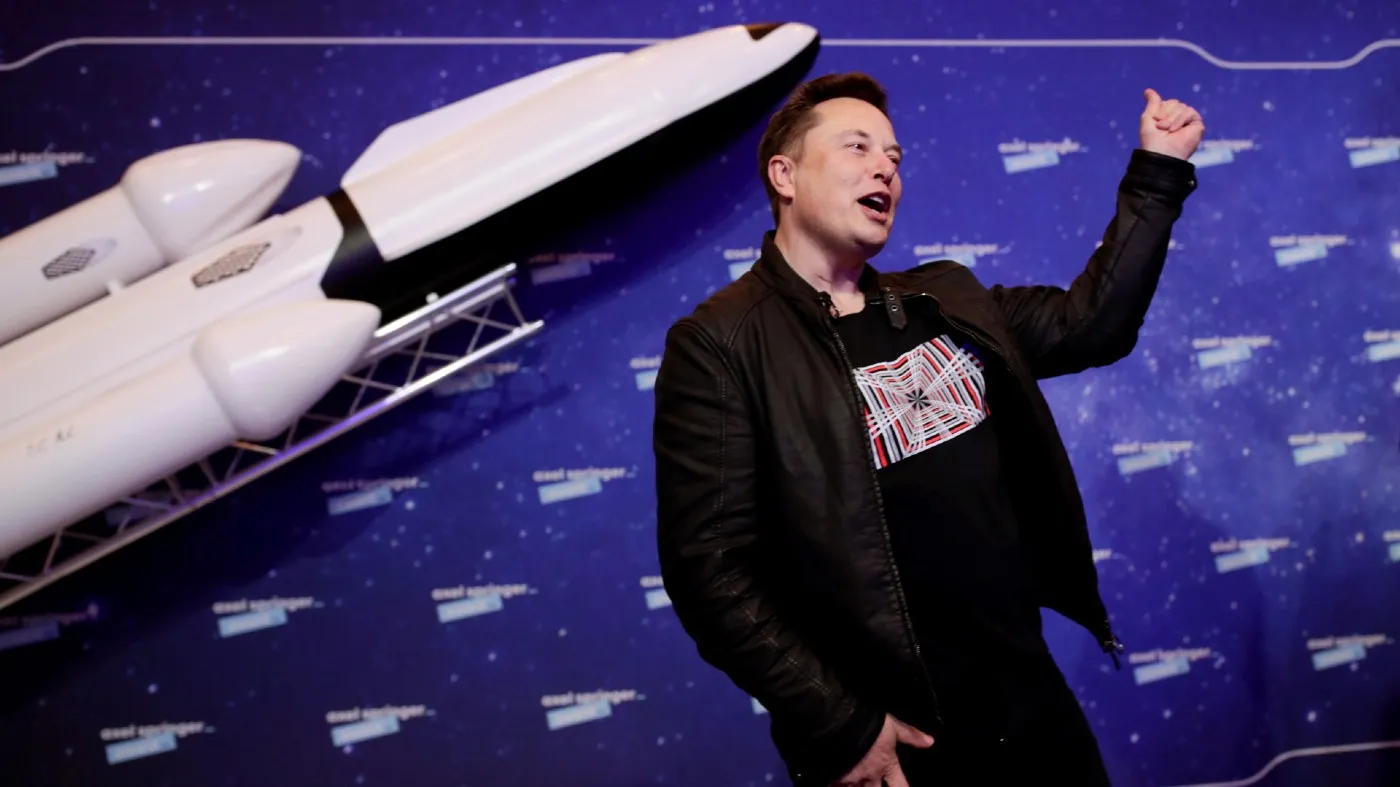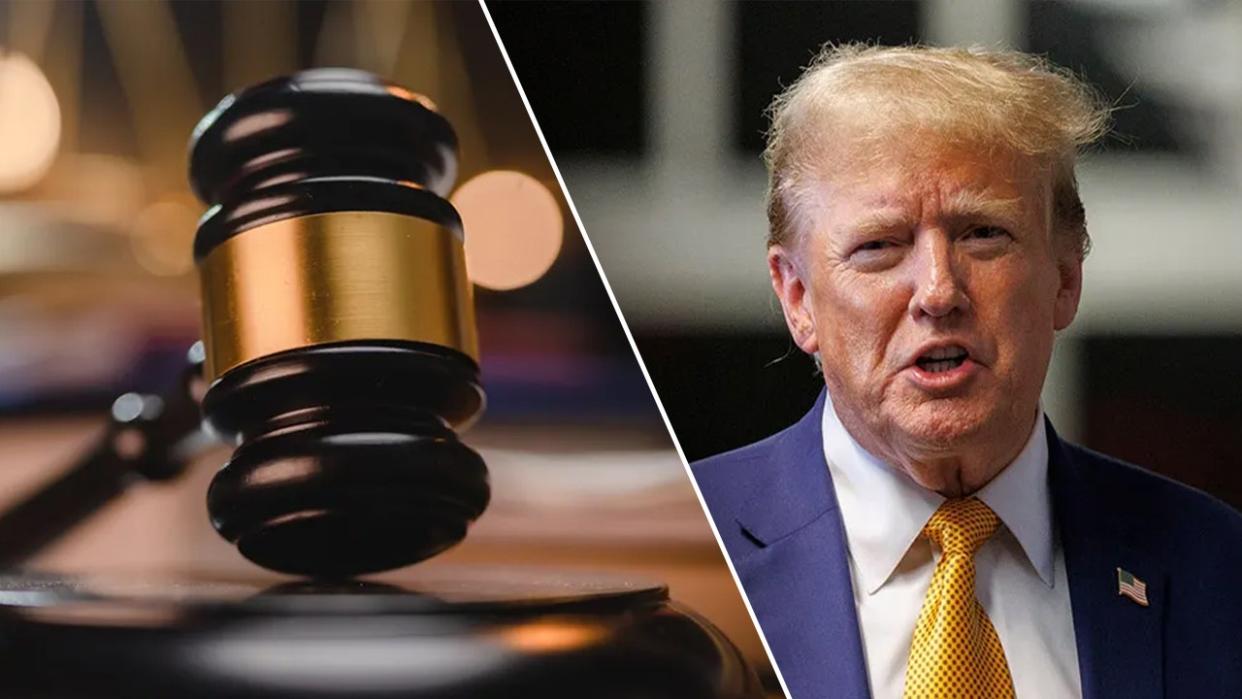Elon Musk’s SpaceX experienced another setback on Thursday when the upper stage of its massive Starship rocket was lost in a fiery explosion during an orbital test. Shortly after liftoff and booster separation, a live video feed showed the upper stage tumbling uncontrollably before the signal abruptly cut. Dramatic footage circulating online captured red-hot debris falling over the Bahamas.
SpaceX spokesperson Dan Huot confirmed, “Can confirm we did lose contact with the ship. Unfortunately, this happened last time, too,” referring to a similar incident in January when the upper stage disintegrated over the Caribbean. The incident has already impacted US airspace, prompting the Federal Aviation Administration (FAA) to briefly activate a “debris response area” that delayed flights at airports from Newark and Philadelphia to Miami. The FAA stated that SpaceX would need to conduct an investigation before the rocket could fly again.
In a statement, SpaceX explained that an “energetic event in the aft portion of Starship” led to the loss of several Raptor engines and, ultimately, the loss of communications with the vehicle, although the company emphasized that no toxic materials were present in the debris. Despite this setback, SpaceX noted that its “fail fast, learn fast” approach has helped it become the world’s dominant launch service provider. However, Musk’s close ties to President Donald Trump and his influence over federal regulators have raised concerns about potential conflicts of interest.
The incident marks the eighth uncrewed orbital test for Starship. Although the upper stage was lost for a second consecutive flight, SpaceX successfully recovered the Super Heavy booster using the launch tower’s mechanical “chopstick” arms for the third time. Starship, standing 403 feet tall and designed to be fully reusable, is a key part of Musk’s long-term vision to colonize Mars, and a modified version is also expected to serve as a lunar lander for NASA’s Artemis program. Before these ambitious missions can take place, SpaceX must prove that Starship is reliable, safe for crew, and capable of complex in-orbit refueling, all critical for deep space missions.
Earlier, during the Biden administration, Musk frequently clashed with the FAA over safety and environmental concerns. Now, as one of President Trump’s closest advisors on cost-cutting initiatives, Musk faces renewed scrutiny over his influence on federal agencies. Bloomberg News reported that a SpaceX engineer recently warned FAA employees that their jobs were at risk if they did not accelerate work on deploying thousands of Starlink satellite terminals to support the national airspace system—a move that could jeopardize a contract held by Verizon to upgrade FAA infrastructure. SpaceX has denied these allegations, labeling recent media reports about its dealings with the FAA as false.




